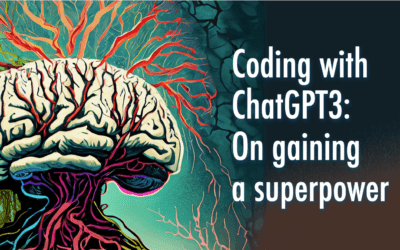Patrick Dickson just forwarded me an essay from the Chronicle of Higher Education, titled The Sensuous Classroom: Focusing on the Embodiment of Learning [Subscription required]. In this article Suzanne Kelly, the author, bemoans the absence of the physical body from online classrooms. I beg to differ…
Here’s a critical quote:
At the most basic level, to be a student has always meant actually dragging one’s exhausted body into class with readings in hand, being (more or less) awake, alert, listening, and ready to open one’s mouth. And to be a teacher, for me, means seeing the faces of the students and how their bodies reflect their thoughts and emotions, hearing the timbre of their voices or the lilts in their dialects, experiencing them before me in the rich mix of ideas.
I found the article thoughtful and yet somewhat frustrating. While I agree that the physical has a role to play in the learning process, the author seems to feel that it is of equal importance in every learning context, and that is something I don’t agree with.
I have written about a similar set of issues in a couple of places: in this blog posting here and this a-musing here.


0 Comments